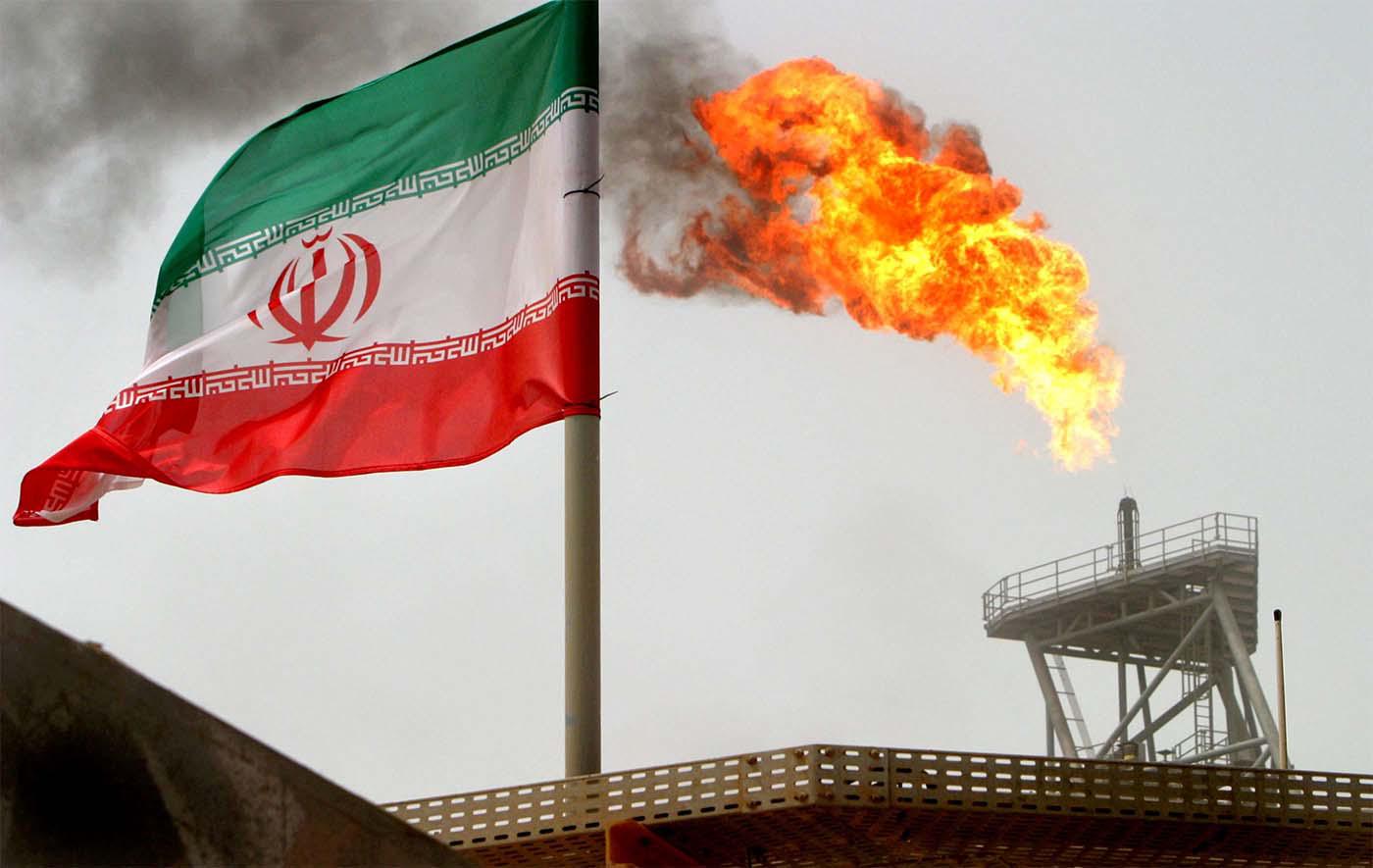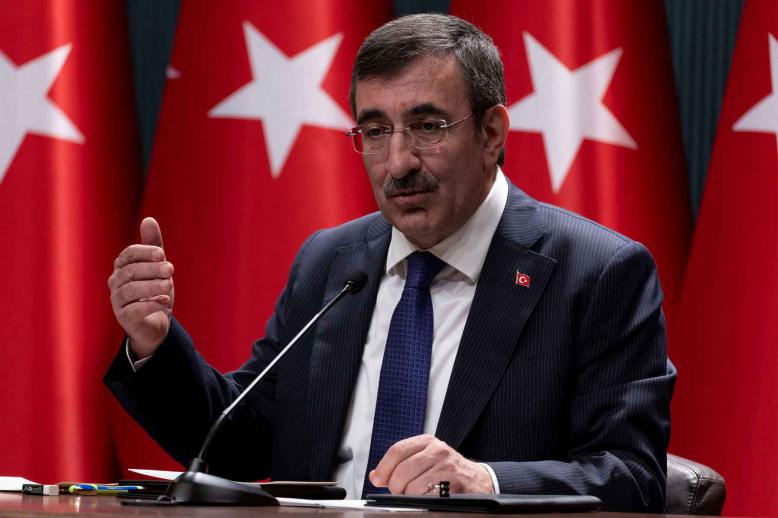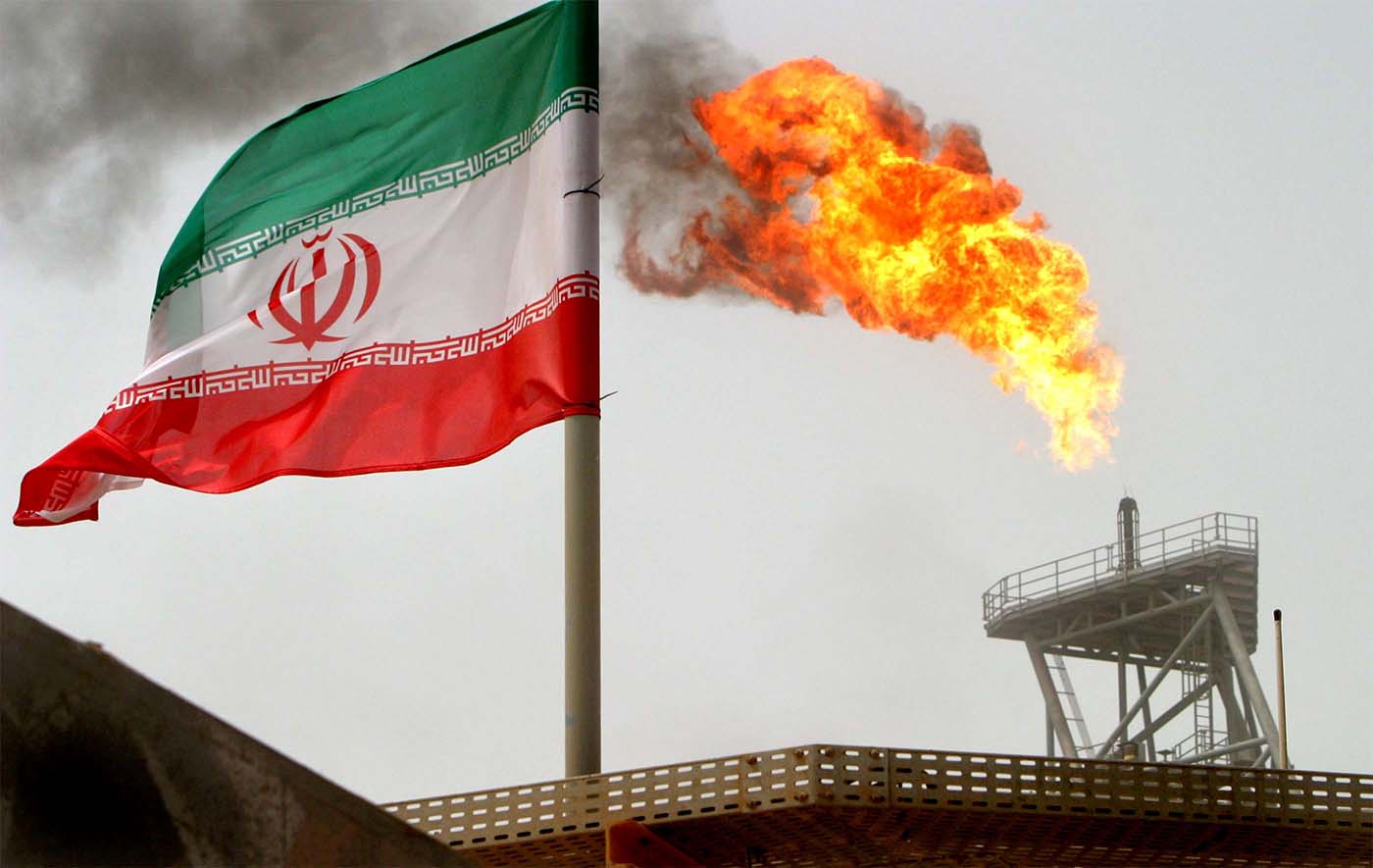US sanctions on Iran to affect Turkey, India most
As the international oil market processes the Trump administration’s decision to not extend sanctions waivers to Iranian crude customers, two countries hardest hit financially by the US move are grappling with how to meet domestic energy needs.
Turkey and India have each worked to strengthen political ties with Tehran while relying on Iranian crude imports but now Ankara and New Delhi are preparing to increase imports from existing suppliers and possibly look to new sources to counter the loss of Iranian crude deliveries. They are also weighing alternative payment methods to work around the Trump administration’s hardening sanctions policy on Tehran.
Turkey has publicly struck a defiant tone, suggesting it would not abide by the unilateral sanctions, while India has taken a more compliant approach.
In November, the Trump administration unexpectedly granted 6-month significant reduction exceptions (SREs) to eight of Iran’s largest oil customers after reimposing US sanctions on Tehran. The SREs allowed the countries to purchase Iranian crude at reduced volumes with the dangling of potential extensions if the imports continued to fall leading up to May.
Three of those countries — Greece, Italy and Taiwan — opted not to use the waivers, ending their Iranian oil purchases. China, India, Turkey, Japan and South Korea took advantage of the SREs and had been lobbying for extensions ahead of the Trump administration’s announcement that waivers were off the table in its drive to reduce Iranian crude oil exports to “zero.”
Several of those countries bumped up their Iranian oil purchases in the first three months of 2019, fearing a change in the US administration’s waiver policy even as they pushed for SRE renewals.
Beijing averaged nearly 500,000 barrels per day (bpd) of Iranian oil imports during the first quarter, accounting for approximately half of Tehran’s crude exports. China has been the most outspoken against the American sanctions on Iran and is well-positioned economically and politically to defy Washington and buy oil from Tehran — possibly in even larger quantities.
Japanese refiners stopped purchasing Iranian crude in March in anticipation of a potential cut-off. During Japanese Prime Minister Shinzo Abe’s White House meeting April 26 with US President Donald Trump, the two leaders confirmed a “joint desire” to curtail oil imports from Iran.
Ankara has decried the Trump administration’s move to end the SREs. Turkish Foreign Minister Mevlut Cavusoglu posted on Twitter on April 22: “Turkey rejects unilateral sanctions and impositions on how to conduct relations with neighbours.”
Last year, the Turkish economy was declared in recession, a downturn exacerbated by higher oil prices. Having to pay more to replace Iranian barrels would be a further drag on Turkey’s finances.
Cavusoglu bristled at the idea that Ankara should turn to Saudi and UAE supplies, saying “Iranian oil isn’t cheap but there is a big difference,” referring to the higher prices of crude from the two Gulf producers.
Given strained relations exacerbated by the killing of Saudi journalist Jamal Khashoggi in October, Turkey will only reluctantly call on Riyadh and Abu Dhabi for replacement volumes if absolutely necessary.
Just two years ago, Iranian oil comprised 45% of Turkey’s oil import needs. Iraq has subsequently grabbed that top supplier spot, accounting for 24% of Ankara’s crude imports, followed by Russia at 15% and Iran contributing 12%.
Following an April 17 visit to Ankara, Iranian Foreign Minister Mohammad Javad Zarif declared that Iran and Turkey were preparing to establish a financial mechanism to evade the US sanctions.
Turkish presidential adviser Ibrahim Kalin has been quoted as saying that “the Europeans have set up a mechanism for transaction and payment [to bypass US sanctions on Tehran]… We will see either if we can join or come up with a similar mechanism.”
Push come to shove, Ankara will probably tap Iraq and Russia for additional oil supplies rather than risk running afoul of the Trump administration. There is also the expectation that Iranian crude will be smuggled into Turkey.
New Delhi has responded to the loss of its SRE extension with relative equanimity. The Indian Oil Ministry stated that the country has “a robust plan to ensure that there is an adequate supply of crude oil to Indian oil refineries from May 2019 onward.”
As a result of the reimposed US sanctions in November, Tehran’s second-largest Asian crude customer has seen its Iranian oil imports nearly halved to around 260,000 bpd.
To secure Iranian replacement oil, Indian refiners are expecting to pay higher price premiums from OPEC members, such as Saudi Arabia and Kuwait, and higher transportation costs for supplies from Mexico and the United States.
Reports suggest that New Delhi is politically motivated to maintain around 100,000 bpd of Iranian oil imports through a rupee payment system like that used during the Obama administration’s sanctions regime on Tehran but that plan could collapse under pressure from the Trump administration.
Jareer Elass is a Washington-based energy analyst, with 25 years of industry experience and a particular focus on the Arabian Gulf producers and OPEC.
Copyright ©2019 The Arab Weekly







